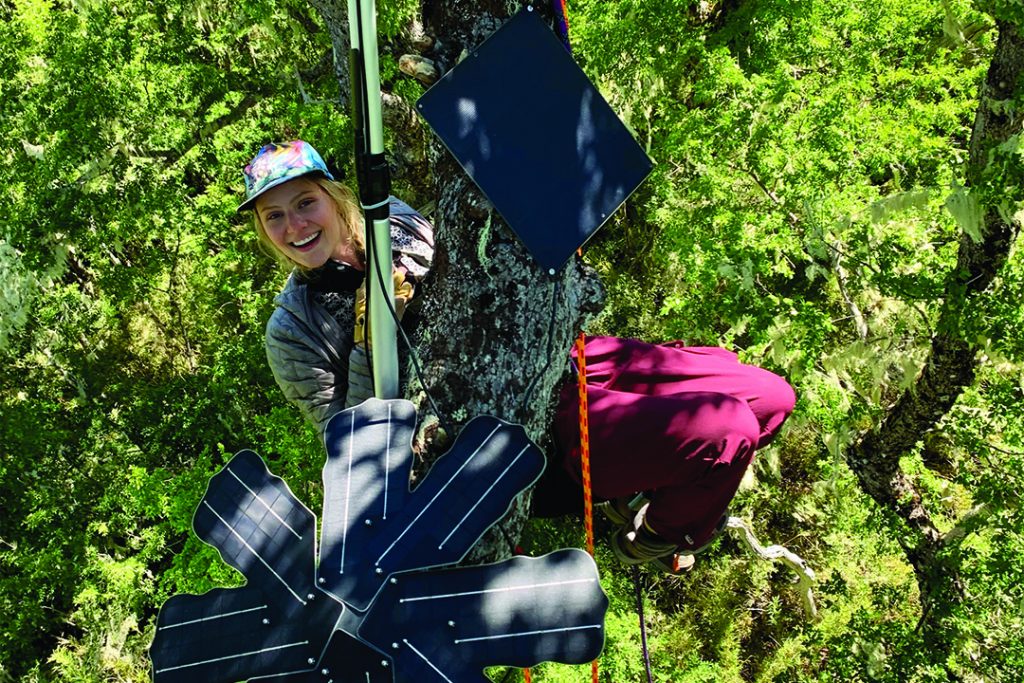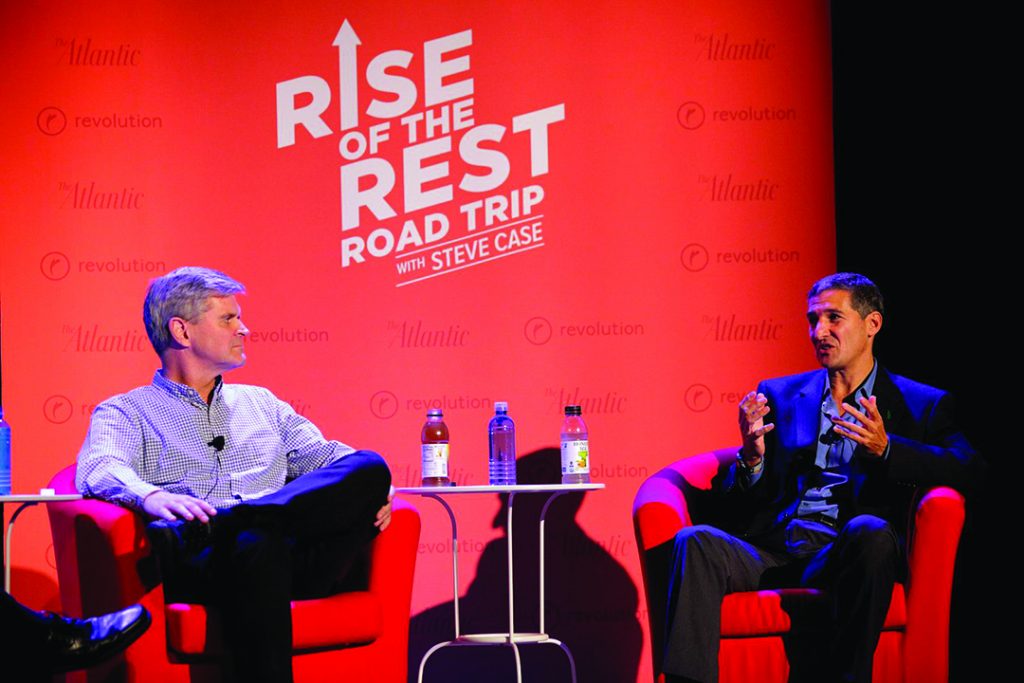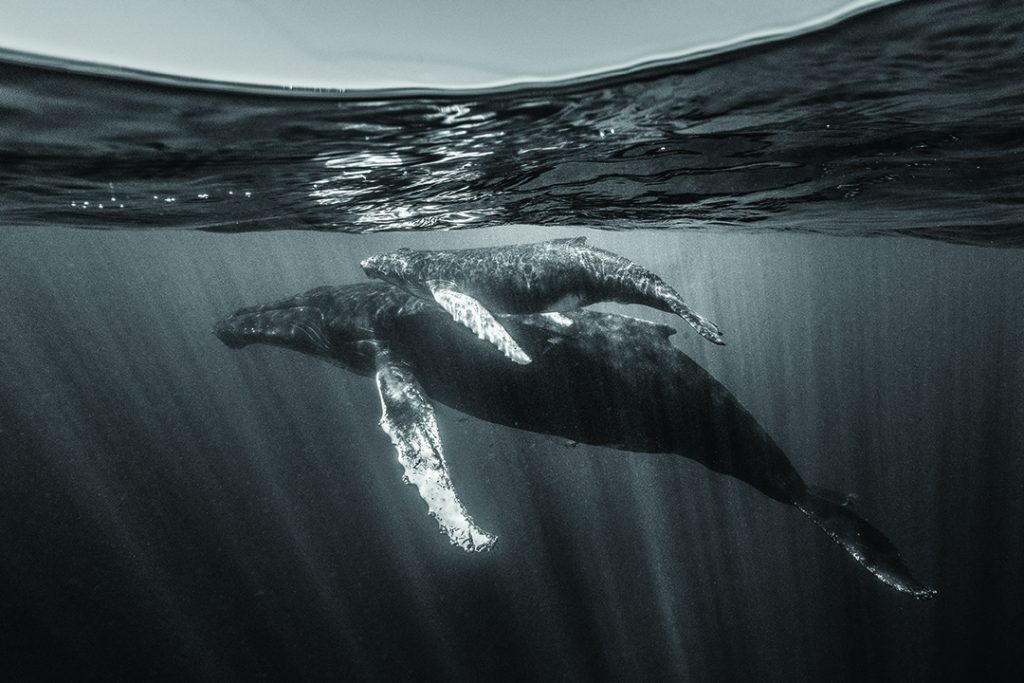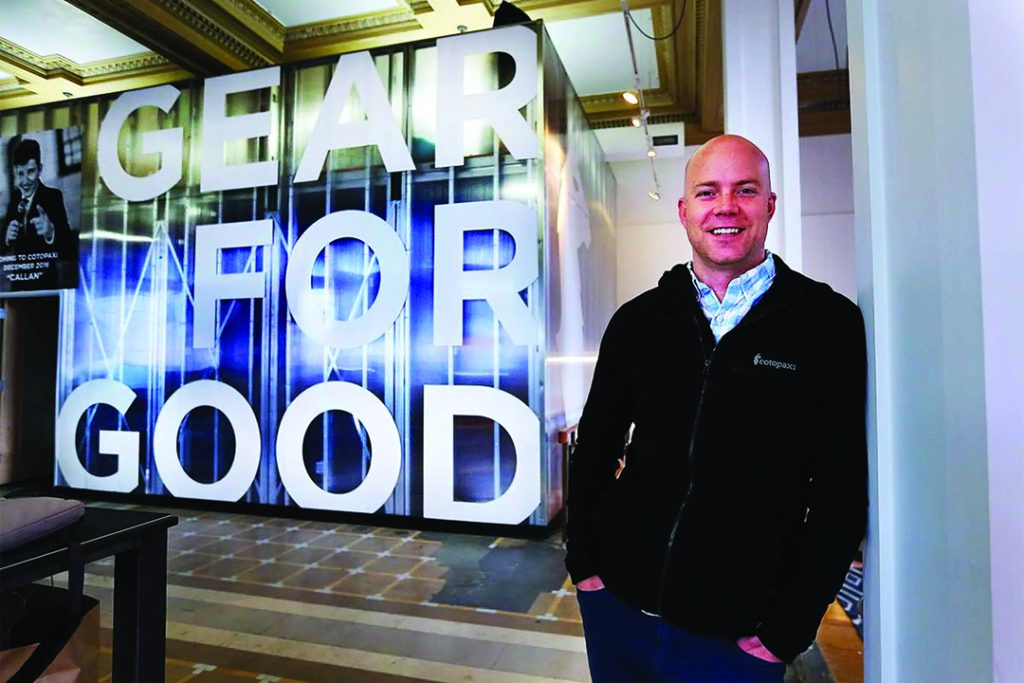Sounds that Save

Eco-acoustics and artificial intelligence help stop harmful activity in rainforests.
When people call to mind the sounds of rainforests, they likely drum up ideas of peaceful rains, gently rustling leaves, and a chorus of vibrant wildlife. But there are also disturbing sounds that are not often heard or thought of — noises of intruders on paths of destruction.
Chainsaws illegally cutting down trees, hunters killing endangered species — this is the dark side of the human presence in these lush paradises. They can be challenging to catch in the act, as damage is often already done by the time authorities realize what happened.
That’s where Rainforest Connection comes in. The nonprofit tech startup was founded in 2013 in San Francisco to help save trees and protect endangered species. They fashioned microphones and solar panels into a sound-monitoring system of “guardians” installed atop tree canopies to detect real-time threats, such as illegal logging and animal poaching, and alert local partners to intercede. “Guardians” are connected by the Global System for Mobile Communications or satellite to transmit audio to a cloud platform for instant analysis. They employ highly sensitive external microphones that capture ambient sound.
The nonprofit was built on three pillars to ensure success: creating hearty technology that functions in rugged conditions and remote areas; building close relationships with local nongovernmental organizations and tribes to work in cooperation as responders to threats; and securing a talented team of scientists to interpret the data collected into useful information.
While the mission remains the same, the technology has evolved. With the help of artificial intelligence and machine learning, the solar-powered bio-acoustic equipment has been trained to recognize over 22,000 sound examples with strong accuracy, including chainsaws, trucks, cars, and motorcycles. The company has installed over 580 “guardians” to monitor more than 1 million acres in 35 countries to date.
Rainforest Connection maintains that saving the rainforests is the most impactful way to stop climate change. After all, deforestation alone accounts for 17% of all global carbon emissions, the InterAcademy Partnership reports, and up to 90% of logging in tropical rainforests is illegal, according to the United Nations.
“Logging is a massive problem around the world,” Rainforest Connection CEO Bourhan Yassin says. “That’s one side of what we do, this brute force way of trying to empower local people with technology to help protect their forests.”
Yet, Rainforest Connection doesn’t stop there. The impact company found another helpful use of its technology: studying biodiversity. In fact, it’s on a mission to create the world’s biggest shareable, searchable Audio Ark of rainforest sounds and eco-data.
“As the world is shifting around us, the climate is changing, and we’re all seeing the effects of that,” Yassin notes. “That has tremendous and very detrimental effects on biodiversity, and it’s important for us to be able to understand what biodiversity health looks like so we can make the appropriate changes.
“We use sound because most species are vocal to communicate, so sound is a very profound way to understand what species’ sentiments look like, what species are doing, why they’re calling, how often they’re calling, and so on. So, it serves as a great way for us to use that technology to understand what biodiversity looks like in hopes to protect it.”
The information can be used for land management, policy changes, and allocation of limited resources to maximize the impact of things like re-introducing key species to an area. For instance, in Puerto Rico, Rainforest Connection monitored two endangered species of parrots that its partners reintroduced to a reserve area, sharing sound alerts and activity patterns with rangers to help protect the parrots.
Yassin joined Rainforest Connection seven years ago, after spending the beginning of his career in the for-profit space, working with startups in California and co-founding a successful fashion company in Dubai.
“I never really found the satisfaction that I needed in terms of doing something that had a great cause attached, that felt very meaningful, that I could talk about when I get old one day and feel proud of,” Yassin says. “So, I decided to make the shift to the conservation world and focus on doing something that had a great cause attached to it.“And it doesn’t get much greater than saving the rainforests.





Responses